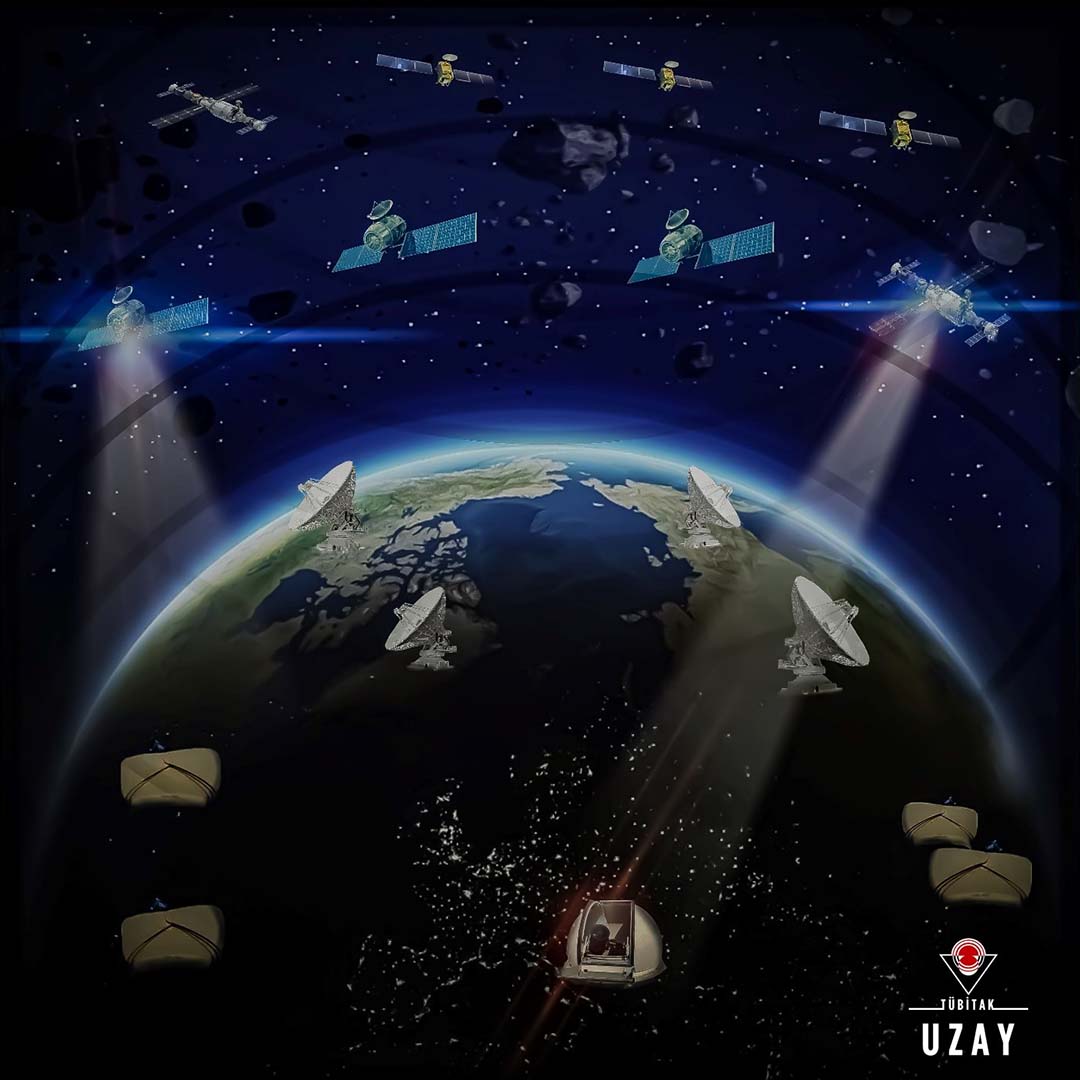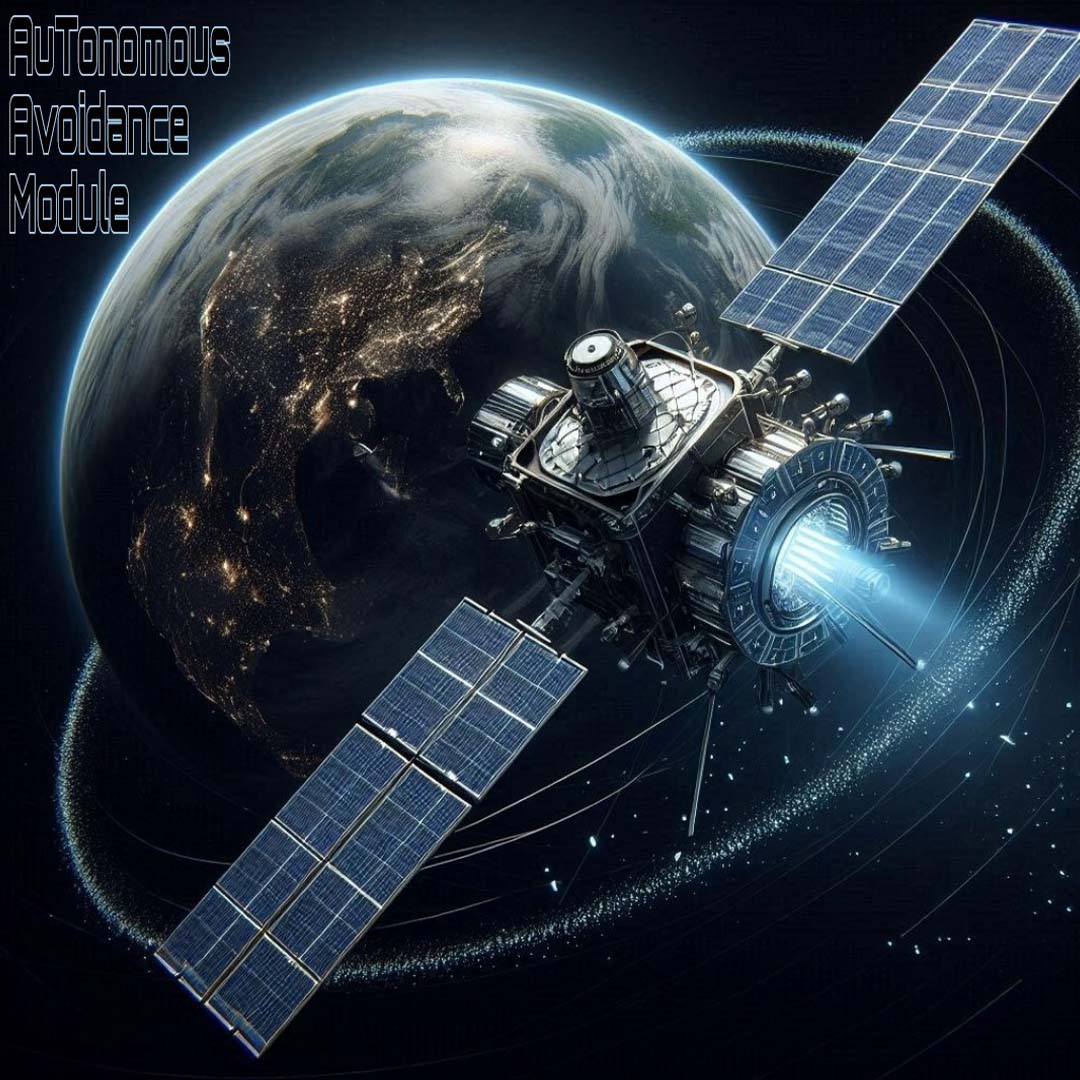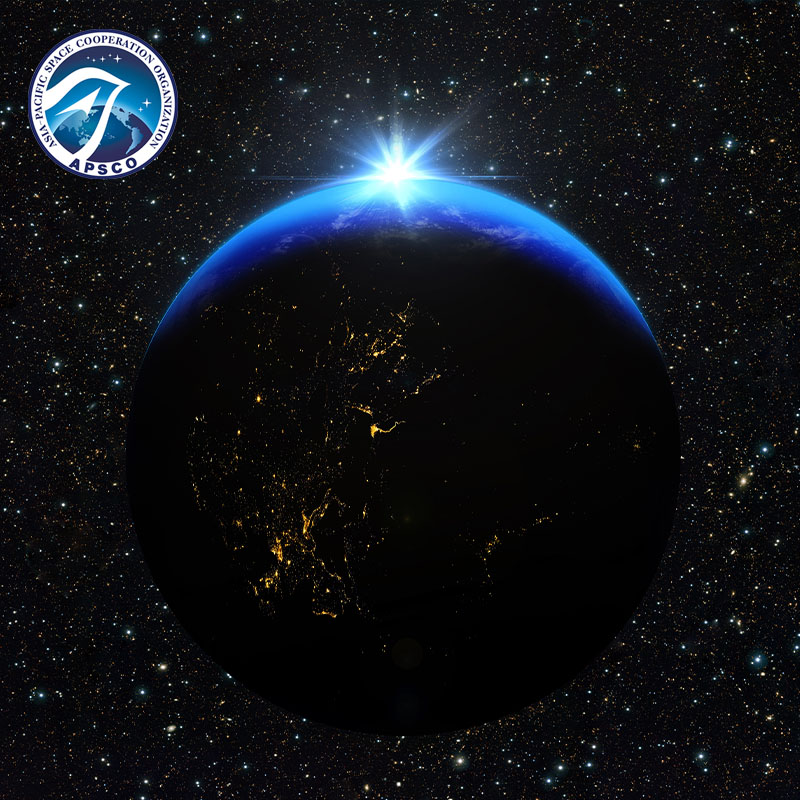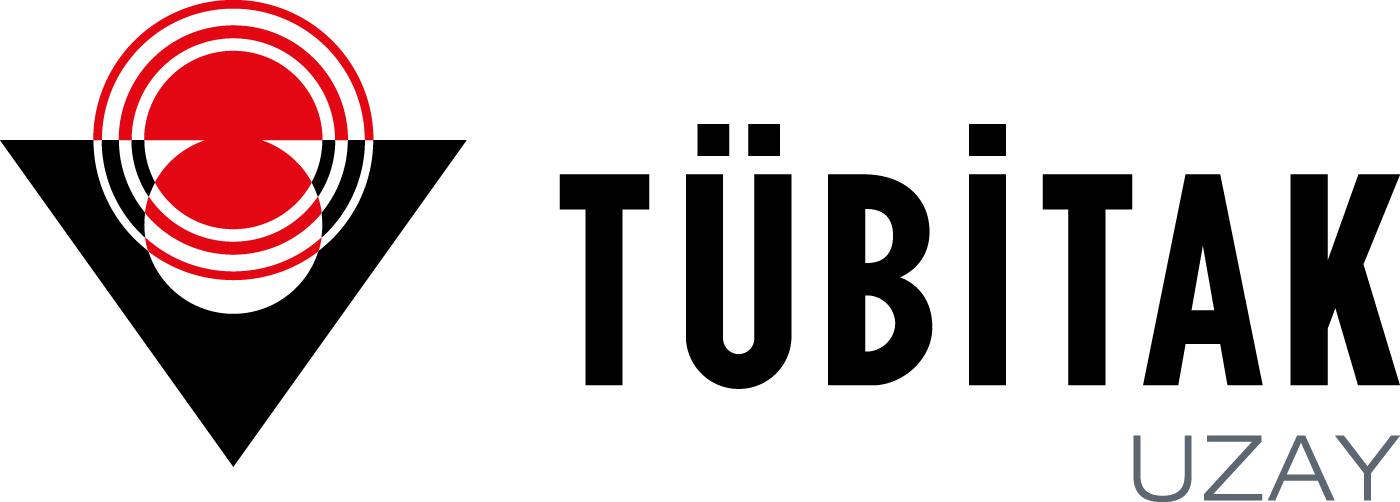Leading Solutions in Space Situation Awareness

TÜBİTAK UZAY offers pioneering solutions in the field of Space Situation Awareness (SSA) by demonstrating a comprehensive competence in various space projects. SSA system engineering provides tracking and management of space objects, while astrodynamic analyses perform trajectory calculations and maneuver planning. Mission planning services and mission simulations are used to effectively manage space missions.
Expertise in the design, selection and integration of passive and active sensors enables the optimization of various spacecraft and systems. There are also capabilities to develop robotic systems for automation and precision operations in space missions. Data processing technologies are used to analyze and interpret data obtained from space.
Big data, database and user interface management enable the processing of large amounts of data in space projects and the development of interfaces that meet the needs of users.
AuTonomous Avoidance Module (ATAM)

In response to the increasing threat of space debris, the AuTonomous Avoidance Module (ATAM) was developed under the coordination of TÜBİTAK UZAY in partnership with Cranfield University (UK), ENSEA (France), Milano Polytechnic University (Italy), Dawn Aerospace (Netherlands) and GCLAB Engineering Ltd. (Türkiye). This module is a real-time avoidance system that can be integrated into space missions. In 2021, with the application made to the Horizon Europe Program call, the process was completed by entering the reserve list in the evaluation.
The ATAM Project aims to automatically detect satellite and space debris and autonomously maneuver according to the probability of risk by using a fast response propulsion system with star trackers and event cameras in accordance with various space missions. In this way, it aims to reduce space debris, ensure safety and contribute to the sustainability of the space environment.
Asia-Pacific Space Science Observatories (APSSO)

The Asia Pacific Ground Based Optical Satellite Observation System (APOSOS) Project was initially proposed to the Asia-Pacific Space Cooperation Organization (APSCO) by Türkiye, China, and Peru in 2008, and was approved during the organization's second council meeting in 2009. In 2018, the project's name was changed to the Asia-Pacific Space Science Observatories (APSSO). APSSO aims to establish an advanced monitoring network for space debris and Near-Earth Objects (NEOs) in the Asia-Pacific region. The objectives of the project include developing a network for tracking satellites, space debris, and NEOs to provide high-quality orbital data to member states, facilitating data sharing among APSCO members, and enhancing space hazard prevention and response capabilities through a centralized data application service. Additionally, the project seeks to promote technical exchange and training in the field of space, strengthen international cooperation among APSCO members, and establish a platform for scientific information to support research and education. APSSO aims to contribute to the safety and sustainability of space activities in the Asia-Pacific region. The project is currently led by China. In 2020, TÜBİTAK Space Technologies Research Institute transferred APSCO projects to the Turkish Space Agency.

